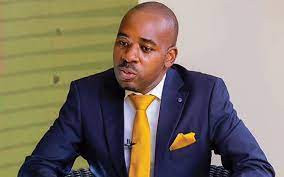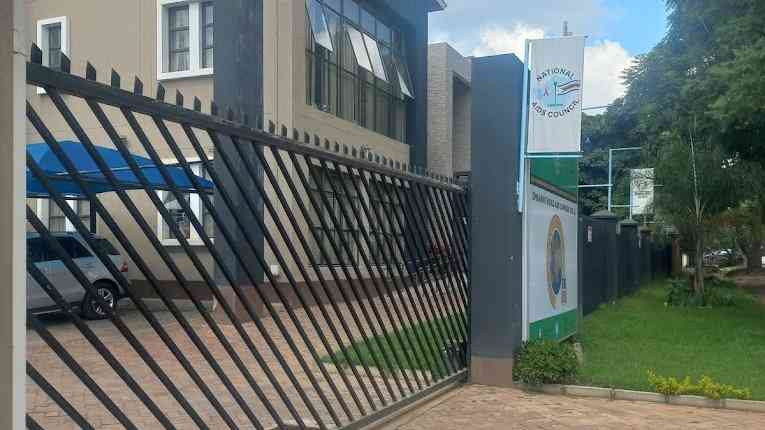
THE presence of an equal platform for dialogue built on trust and mutual respect for participants is the only guarantee to a stable political future, the Nelson Chamisa-led Citizens Coalition for Change (CCC) party has said.
Last year, CCC unsuccessfully tried to engage southern African leaders to facilitate dialogue with the ruling Zanu PF party to “peacefully” address the political and economic crises bedevilling the country ahead of polls held last month.
Posting on X (formerly Twitter), the opposition party said dialogue was the only feasible way to solve the country’s political crisis, if there was room for it.
“We understand the importance of dialogue as a means to foster unity and progress. However, we firmly believe that genuine dialogue requires a foundation built on truth and respect for democratic principles and adherence to established electoral standards,” the party said.
“Without proper acknowledgement and redress of the electoral irregularities, any dialogue would lack the necessary credibility and integrity.”
Chamisa has in the past warned that Zimbabwe will never enjoy true peace until genuine dialogue among political parties takes place.
The CCC said while the elections were disputed, there was need for respect for the right of individuals regardless of their political, religious and cultural affiliations to express their opinions.
“It is morally right for individuals to express themselves in a progressive, ethical, unifying, respectful and honesty manner. The recently ended elections were marred by numerous irregularities that have been widely acknowledged by regional, continental and international observers.
- Mavhunga puts DeMbare into Chibuku quarterfinals
- Bulls to charge into Zimbabwe gold stocks
- Ndiraya concerned as goals dry up
- Letters: How solar power is transforming African farms
Keep Reading
“These impartial observers have unequivocally stated that the elections failed to meet both domestic and foreign electoral standards, falling short of being free and fair.
“In light of these findings, our stance remains unwavering. It is our firm belief that the true will of the people has been impeded, thereby casting doubt on the legitimacy of the proclaimed winner.”
The CCC also said the electorate had the right to challenge electoral irregularities and fight for justice through a free, fresh and transparent election.
“We call on the religious, political, business and community leaders, citizens of Zimbabwe and all key stakeholders to recognise the serious concerns raised by local, regional, continental and international observers.
“We urge all key stakeholders to join us in demanding accountability and transparency, as these are fundamental pillars of any credible democratic process,” the party said.
Political analyst Rashweat Mukundu said while there was hunger for dialogue to unlock the Zimbabwean political logjam, warring parties need to agree on the parameters to guide the process.
“There is a general consensus among Zimbabweans across the political divide that our political crisis must be settled somehow and the best way is through a political dialogue, especially among the key protagonists that is, Chamisa and Emmerson Mnangagwa,” he said.
“What we are having is the challenge of defining the parameters of what that dialogue must constitute and lead to. The reaction by CCC is what is expected of the opposition party because they are adamant that they won this election.”
Another political analyst Rejoice Ngwenya said as long as there was no intervention of an independent mediator, chances for dialogue will remain a pie in the sky.
“When you are engaged in a dialogue, you should be talking to individuals who are in the same political bandwidth with you; individuals who respect the principles of electoral governance and individuals, who respect the Constitution and institutions put in place to moderate electoral dispute,” Ngwenya argued.










